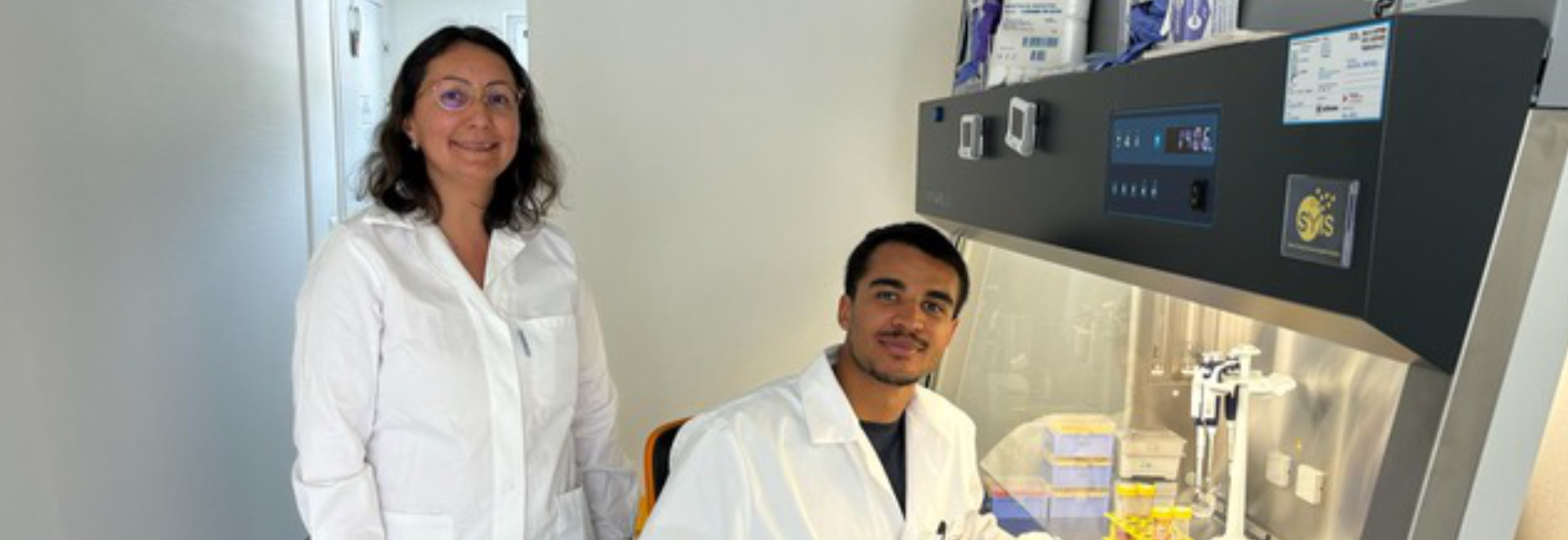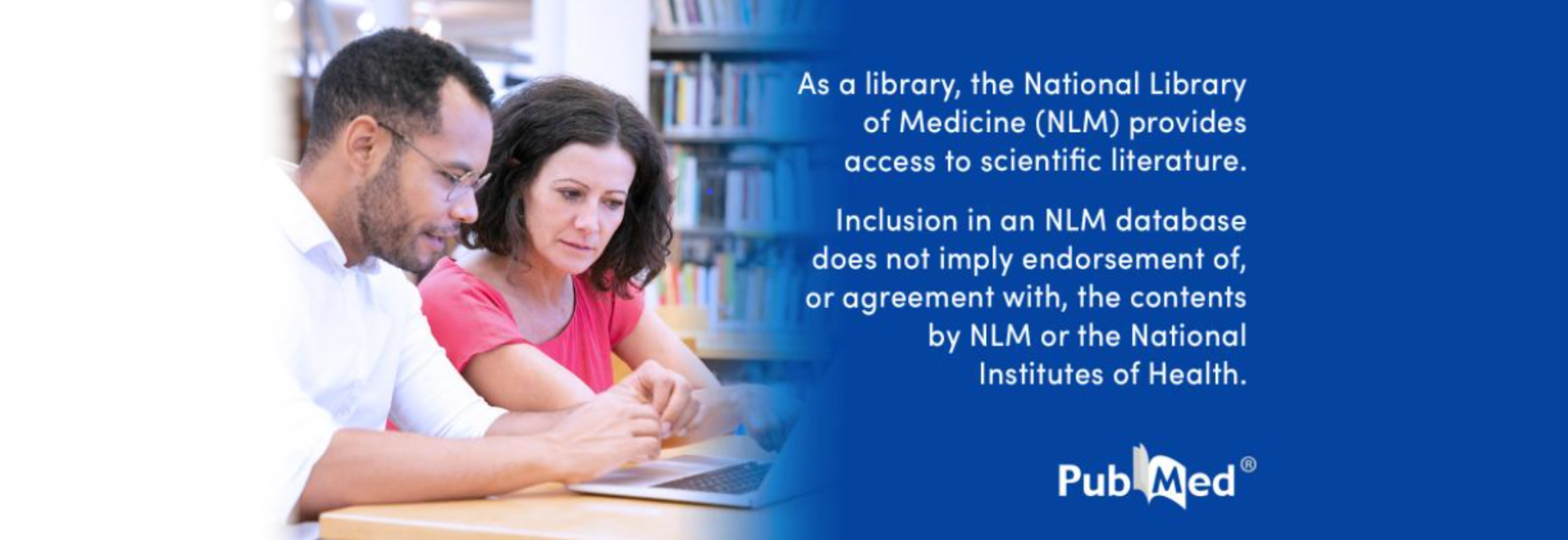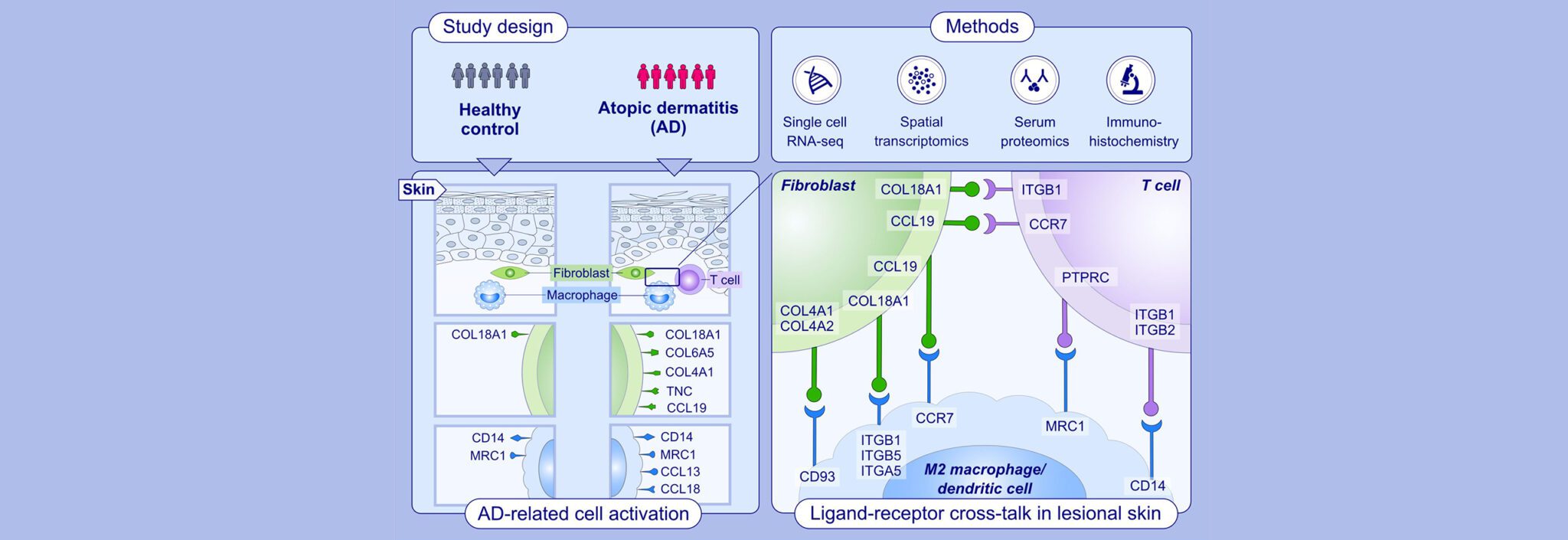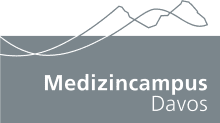The common ragweed (Ambrosia artemisiifolia) produces pollen which can trigger strong reactions such as asthma. A research team headed by Prof. Claudia Traidl-Hoffmann, who is on the Board of Directors of CK-CARE (Christine Kühne – Center for Allergy Research and Education), has shown that what was previously known as the principal allergen only has such a strong allergenic effect when combined with the substance adenosine, which is also present in the pollen.
The weed Ambrosia artemisiifolia is an invasive plant from North America, which has two challenging characteristics for humans: it is spreading rapidly in Europe – it is also colonising regions in Switzerland – and its pollen has an allergy-promoting effect even in minute quantities. If ambrosia pollen gets into the airways, it induces severe inflammation in the lung tissue. This can produce breathing problems or even asthma. The main trigger in ambrosia pollen was previously thought to be a protein called “Amb a 1”. A lot of people who have come into contact with ambrosia pollen develop antibodies to this substance. This is basically a protective mechanism of the body against unwanted substances or pathogens, but it is initiated in error when a person has an allergy.
However, the protein Amb a 1 is apparently not solely responsible for the inflammatory effect of the ambrosia pollen, as shown by a team led by Prof. Claudia Traidl-Hoffmann, Director of the Institute of Environmental Medicine at the Technical University of Munich (UNIKA-T, TUM) and member of the Board of Directors of CK-CARE (Christine Kühne – Center for Allergy Research and Education): “This only becomes highly allergenic when in combination with adenosine, which is also contained in ambrosia pollen,” states Prof. Claudia Traidl-Hoffman.
The search for the unknown substance
According to the media release from TUM, the researchers studied how different constituents of the pollen acted on lung tissue. The lung tissue was then tested for indicators of inflammation – such as the presence of specific immune cells. The whole pollen extract or the protein Amb a 1 was tested, while at the same time the pollen extract without proteins was also tested. The results were surprising and revealing, as Prof. Traidl-Hoffmann outlines: “Only the whole extract triggered an allergic effect, making it clear that another substance must be causing the allergenic action of the pollen as well as the protein Amb a 1.”
Adenosine was considered as an interesting candidate for substance X. The researchers had already detected it in high concentrations in birch pollen and it is also present in large quantities in ambrosia pollen. They hit the bull’s eye with this theory: once adenosine had been removed from the whole pollen extract, only very slight signs of inflammation occurred. Similarly, if adenosine was administered alone, no pronounced allergic reaction was observed in the lungs. This means: “Only the combination of substances causes an allergic reaction,” concludes Prof. Claudia Traidl-Hoffman.
Will we soon have a possible remedy for allergic asthma?
An interesting aspect is that adenosine is found naturally in the human body. It is involved in lots of processes and nearly all cells carry recognition molecules for adenosine on their surface. So how does adenosine actually intensify an allergic reaction? “Pollen adenosine binds to the endogenous receptors and, in combination with other substances, can trigger allergies”, explains Prof. Claudia Traidl-Hoffman. The research group calls this phenomenon “cross-kingdom signalling”, in which plant messengers bind to human receptors.
The results of the study are also promising with regard to treatment. So-called adenosine receptor antagonists are drugs that can help to treat asthma by blocking the adenosine receptors in the body. Therefore this aspect is also important in terms of research into pollen allergy. “The results show that adenosine plays a key role, especially in the exacerbation of an allergic reaction. This means the inflammatory reaction could be inhibited by blocking the adenosine receptors, where possible”, states the doctor and researcher.
Publication:
M. Wimmer, F. Alessandrini, S. Gilles, U. Frank, S. Oeder, M. Hauser, J. Ring, F. Ferreira, D. Ernst, J. B. Winkler, P. Schmitt-Kopplin, C. Ohnmacht, H. Behrendt, C. Schmidt-Weber, C. Traidl-Hoffmann, J. Gutermuth, Pollen-derived adenosine is a necessary cofactor for ragweed allergy, Allergy, May 2015.
DOI: 10.1111/all.12642









